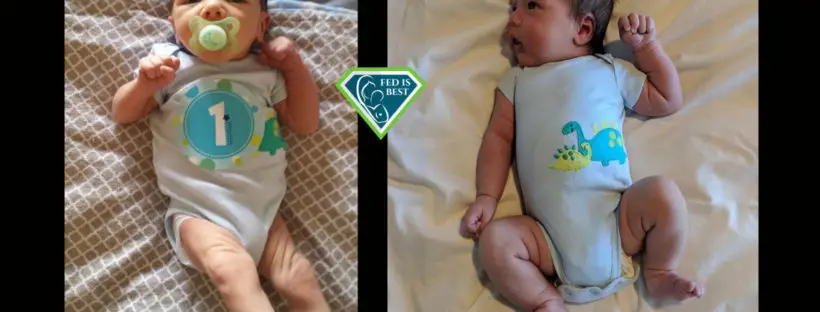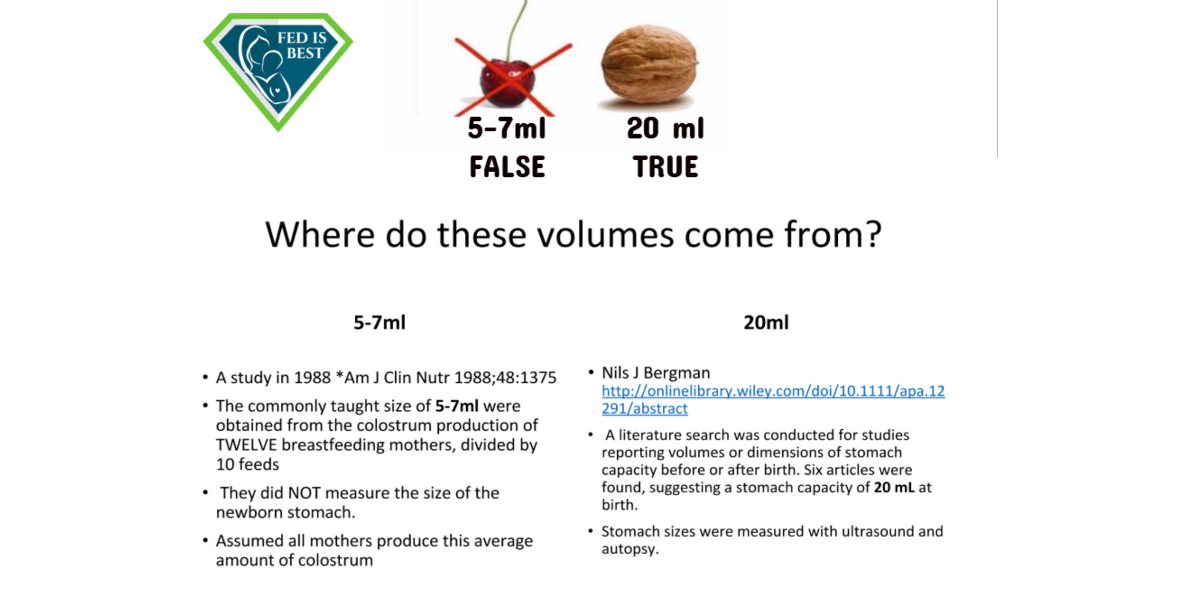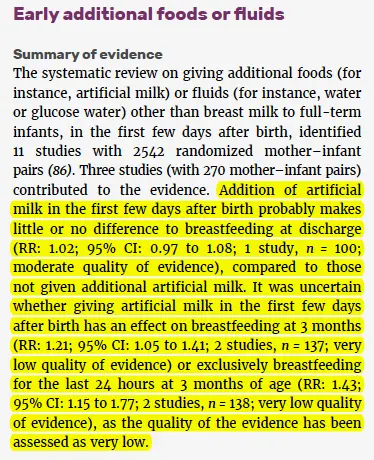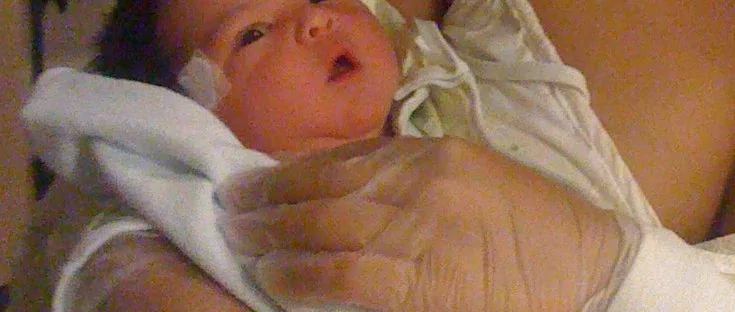By Jillian Johnson
It took all of the courage I had to put aside the debilitating amount of guilt I carried for five long years to tell Landon’s story—his birth, the first days of his life, and how he died. In fact, I still don’t know where I found that courage, but I am convinced Landon gave me the strength. I wasn’t prepared for the intense scrutiny my story received. I was utterly shocked because people came out of nowhere to discredit my story with a vengeance, but I quickly learned how to be gracious in such a vulnerable time.
After all, nothing anyone could say to me could hurt me more than the death of my newborn baby.
I can remember a very specific time, when I was sitting in the waiting room of the hospital and Landon was on life support. My dad was there with me and we were talking about Landon’s prognosis and I won’t ever forget him telling me what a special little boy he was and that he would do great things. I couldn’t quite wrap my head around what his words meant because Landon was most likely going to pass away, and my dad was talking about how he’s going to do great things. I never dreamed that his death would change the lives of so many people across the globe. Continue reading →







